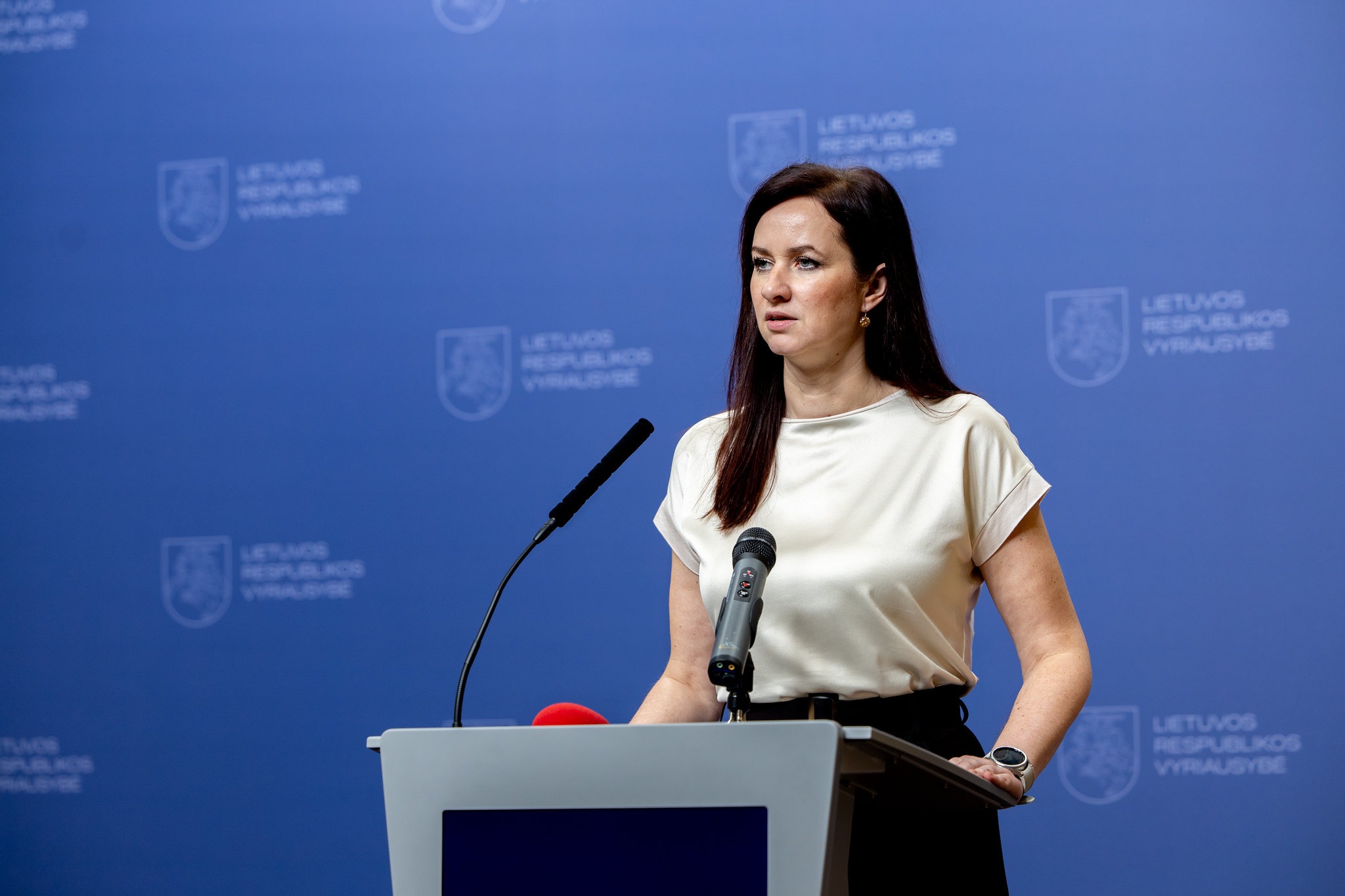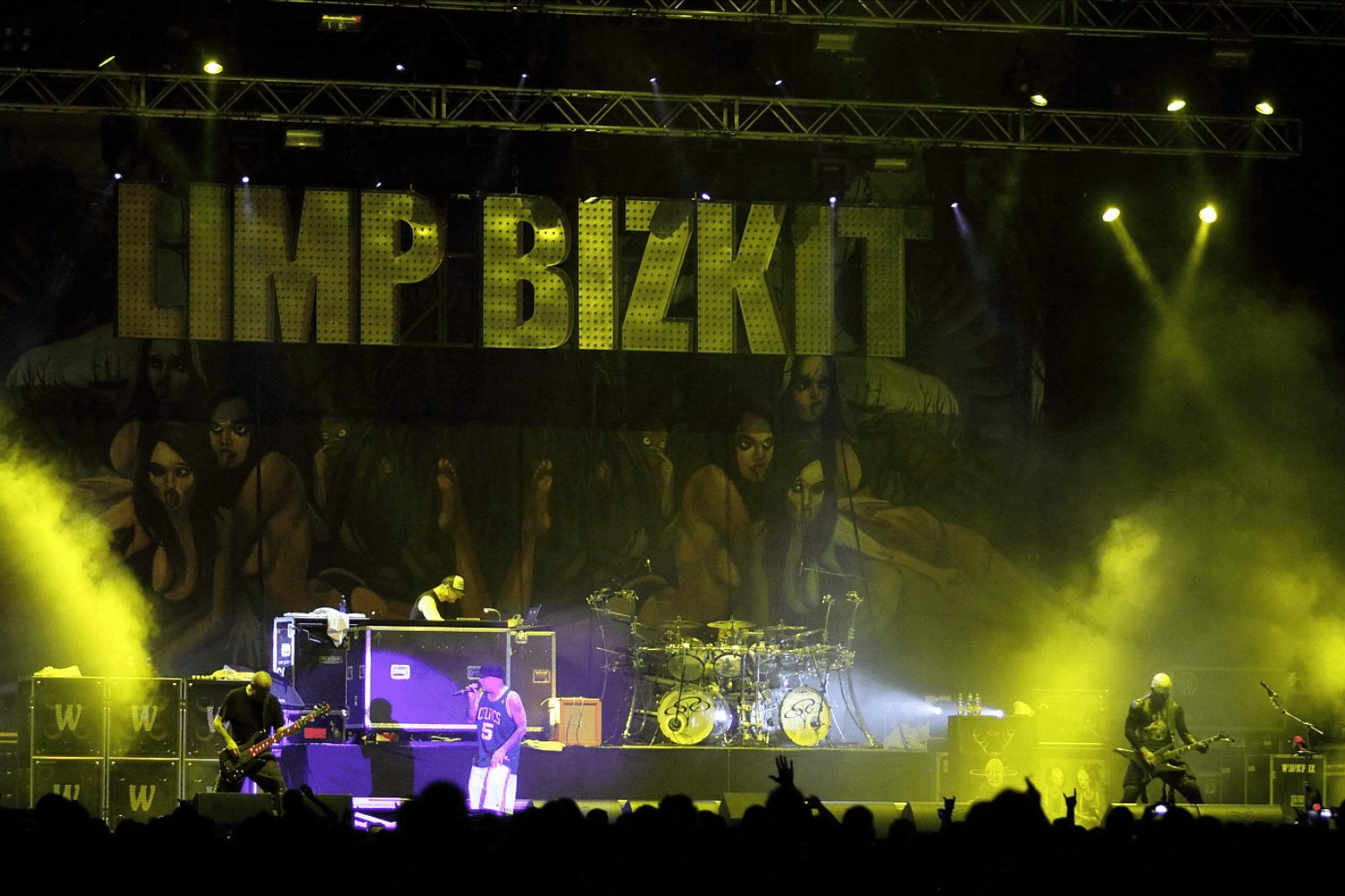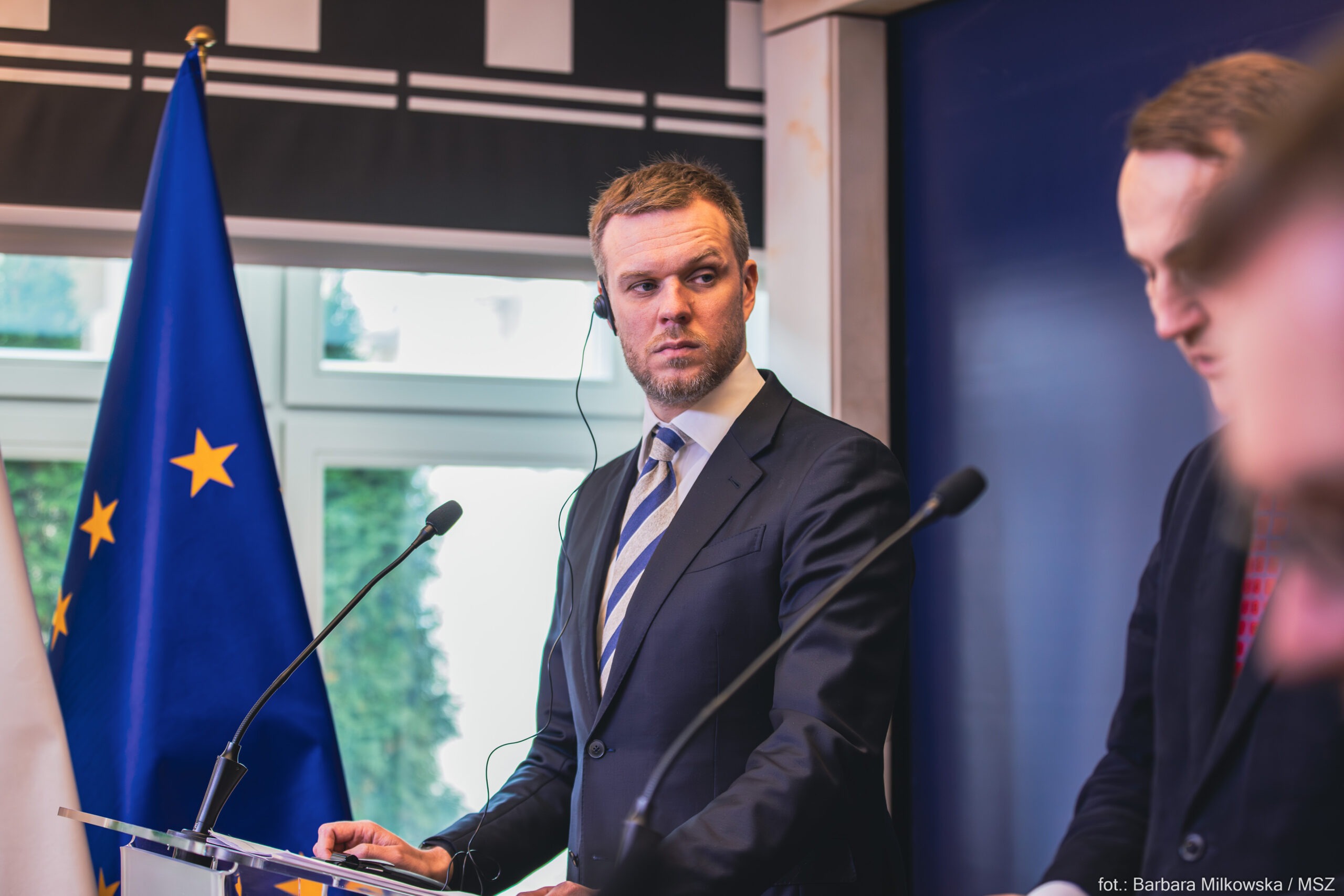
Main narratives:
- Latvia is Russophobic;
- The Latvian government is not democratic.
Overview:
Two weeks ago, Aleksejs Roslikovs, leader of the Stability! party, created a significant political controversy. In response to a declaration calling on the Parliament to limit the use of the Russian language in public spaces proposed by the National Alliance, Roslikovs gave an emotional speech, which he concluded by stating in Russian that “There are more of us! We cannot be banned!” State Security Service (VDD) opened criminal proceedings against MP Aleksejs Roslikovs on suspicion of providing assistance to the aggressor state, Russia, in its actions against Latvia and inciting national hatred. On June 16th, the VDD detained him.
In widely popular TikTok videos, Aleksejs Roslikovs portrayed his detention as political persecution, martyrdom, and heroic resistance, using dramatic language to frame himself as a persecuted victim fighting for his cause. He emphasized being “released on recognizance not to leave” while declaring himself “at home, but a stranger” in Latvia, positioning his detention as evidence of government oppression against those who speak truth to power, and stating his willingness to “give his life” for his political mission while challenging the Prime Minister and claiming that “the one who is wrong is afraid.”
This incident illustrates the complex dynamics of populist politics in Latvia, where provocative parliamentary behavior can be transformed into powerful social media narratives that serve multiple purposes. Roslikovs successfully converted his legal troubles into a victimization story that likely resonates with his Russian-speaking audience, while simultaneously generating massive online engagement that amplifies his political profile. His ability to reframe state security concerns as political persecution demonstrates how populist leaders can exploit democratic institutions and legal processes to strengthen their anti-establishment credentials, potentially turning criminal investigations into electoral advantages through strategic social media messaging.








